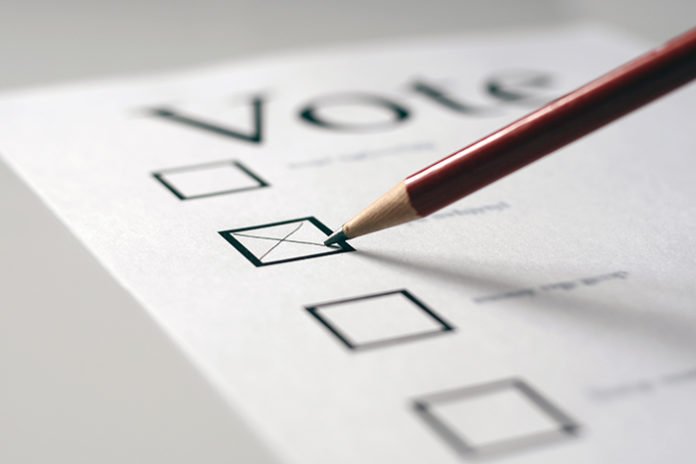A new study by the University of Kansas political scientists examined the political behavior of gun owners versus non-gun owners in presidential election years from 1972 to 2012. Basically, they found that gun owners have progressively turned out to be all the more politically dynamic amid that time.
The discoveries could be entered in deciding why real gun control enactment in Congress has stayed tricky, even after mass shootings, for example, Newtown in 2012 and others, notwithstanding when a dominant part of individuals tend to help stricter gun laws.
The study showed that the American gun owners in recent years have exhibited higher levels of political participation including in voting, donating money to candidates and contacting elected officials.
Abbie Vegter, a graduate student in political science said, “Part of the reason majority opinions on gun control legislation aren’t turning into policy is that gun owner are a very strong political group who hold a lot of weight and hold a lot of influence despite being a minority in American politics.”
“Our major conclusion establishes gun owners as a distinct social group, and we see how that social group influences their likelihood of participating in politics.”
“Much of political conversation surrounding guns tends to focus on large groups like the National Rifle Association’s influence, but the study’s results paint a different picture. Only one in five gun owners belong to the NRA, so we think there is something else going on than just the NRA when it comes to mobilization.”
Owning a gun for hunting doesn’t necessarily mean being a hunter is a core part of your identity. But owning a gun because you think it’s an essential right guaranteed in the Constitution is more a part of your political identity. It’s something more attached from the get-go to politics.
Scientists are as yet investigating what has driven this move in mentality among gun owners, regardless of whether it was in light of past gun control enactment at the state level or a reaction to specific candidates who were chosen who had more grounded sees about gun control.
Vegter said, “There are a couple of lessons. For individuals, especially individual gun control advocates, in order to make a difference, you need to match this level of mobilization and participation. There is also a lesson there for politicians who I think traditionally have not seen gun owners as a political group to be addressed.”
One development to watch will be the level of activity, especially among students who survived the Feb. 14 shooting at Marjory Stoneman Douglas High School in Parkland, Florida. Many of them have advocated in campaigns and in national media for stricter gun control policies, which has kept the issue in the forefront longer than what typically occurs after a high-profile mass shooting.
Scientists have presented their findings, “Motivated Voices: Gun Ownership and the Propensity for Political Participation,” Sept. 2 as part of the American Political Science Association’s annual meeting in Boston.
